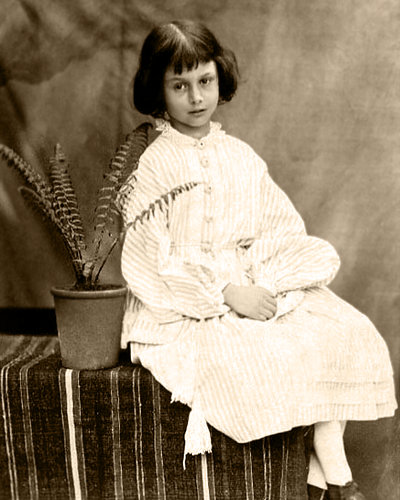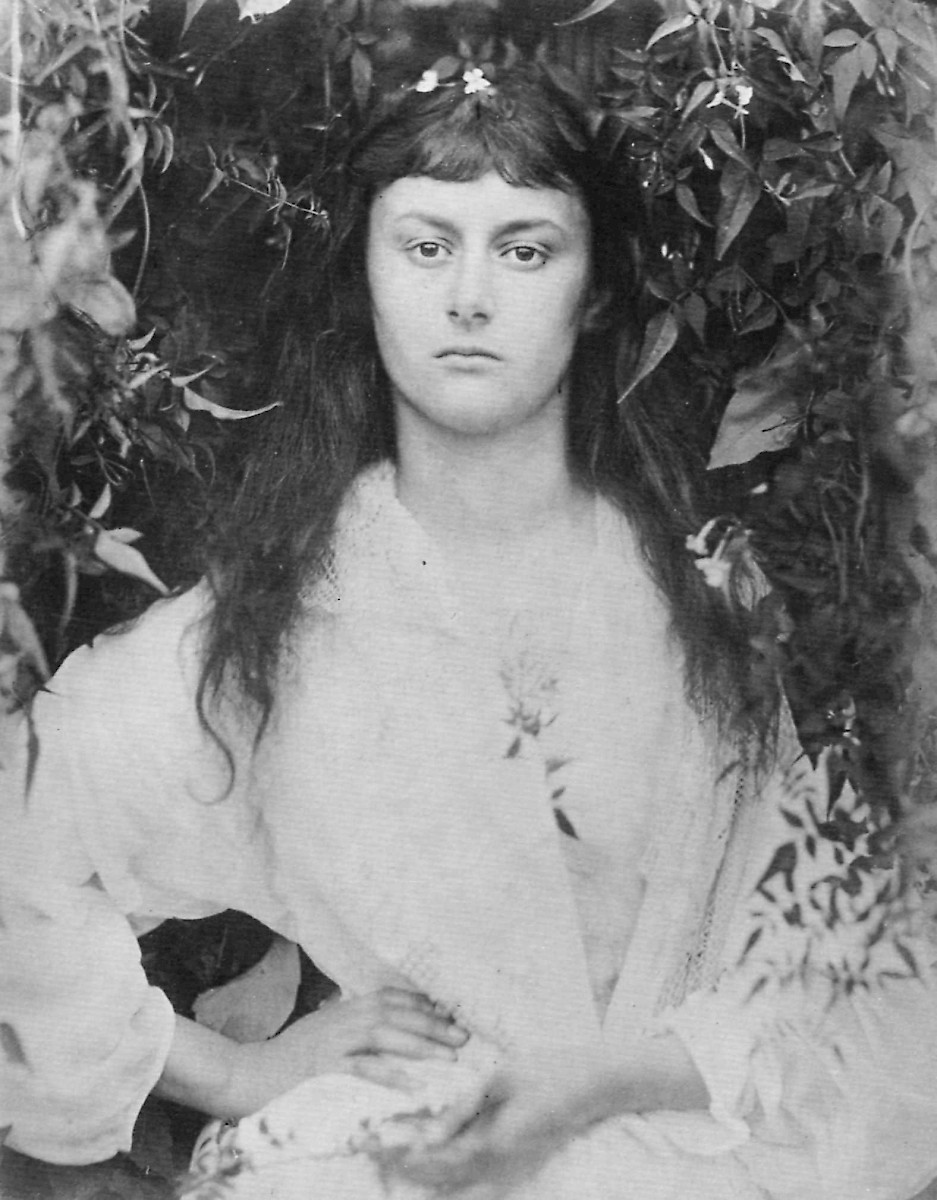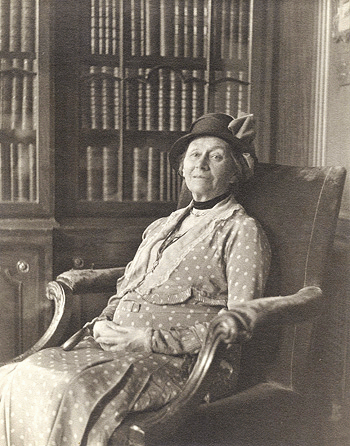Even if you can't attend a performance, this painstaking replica of an Elizabethan theater in the round is worth a visit just to see it and learn more about the history of British theatre
The history of London Town from prehistoric times to the 21C, told in artifacts, scale models, archaeological finds, photographs, and paintings
Raising your pinkies at a proper British afternoon tea in London (preferably with scones)
The boring of the tourists—I mean the changing of the guard—at London's Royal Residence
The main meat market of London, where the butchery happens in the wee hours of the morning
Battered and fried fish served with french fries—the ultimate greasy British fast food
Raising your pinkies at a proper British afternoon tea in London (preferably with scones)
Free greeter programs around the world encourage locals to welcome you to their hometown
From B&Bs and farm stays to cottages, castles, and campgrounds, here are lodging alternatives to the traditional hotel
Henry Liddell, the Dean of Christ Church College from the 1850s to 1891, had a duaghter in 1852 he named Alice Pleasance Liddell. The Liddell family struck up a friendship with a mathematics professor named Charles Dodgson, who would regale the Liddell sisters with elaborate fantasy tales on their boating trips down Oxford's rivers. Little Alice begged Dodgson to write some of them down, and he did, using the pename Lewis Carroll, casting a precocious seven-year old girl named "Allice" as the protagonist, and eventually publishing Alice in Wonderland and Through The Looking Glass and What Alice Found There.
 Alice Liddell, Age 7
Alice Liddell, Age 7 Alice Liddell, age 20
Alice Liddell, age 20 Alice Pleasance Liddell Hargreaves, age 80
Alice Pleasance Liddell Hargreaves, age 80